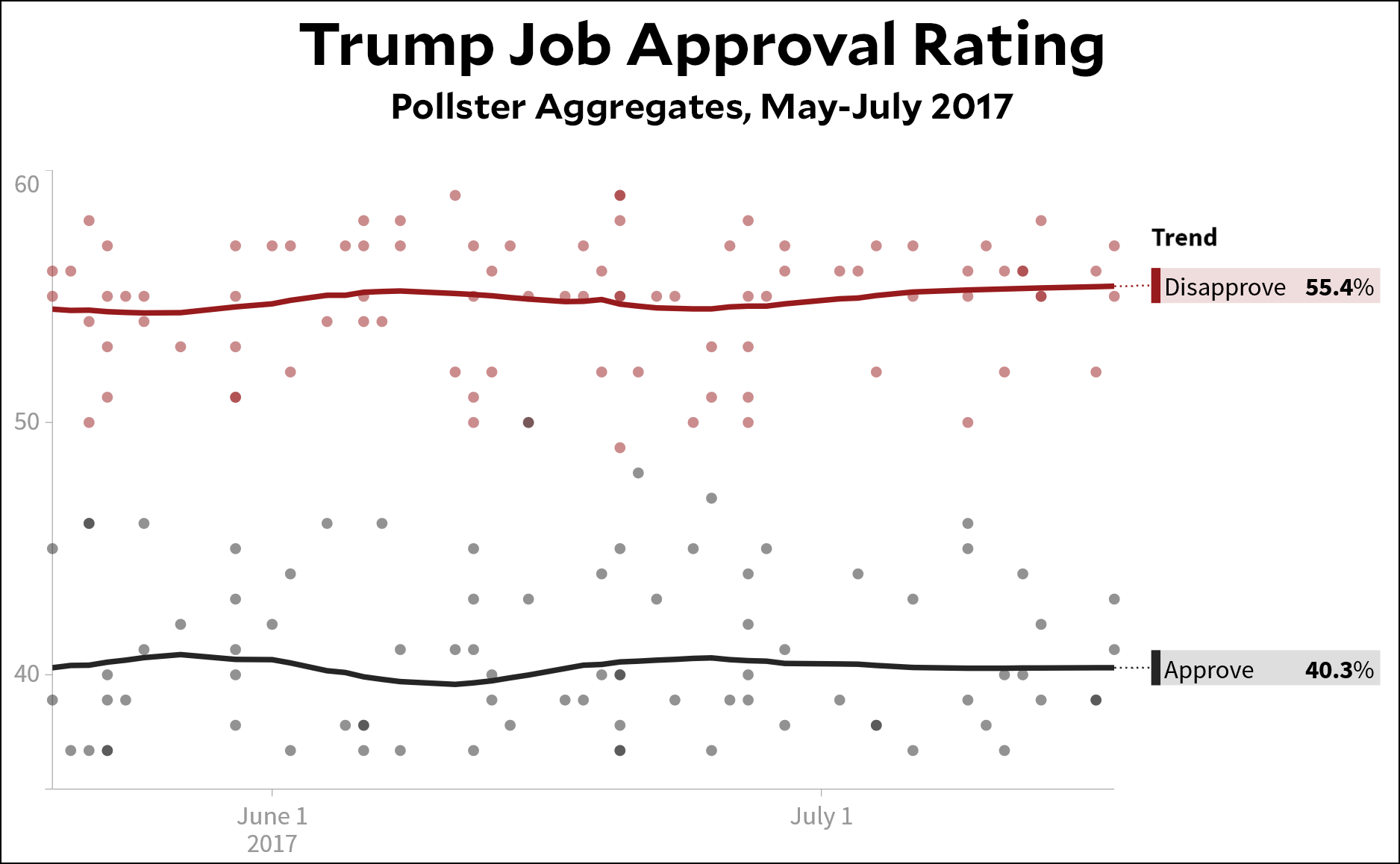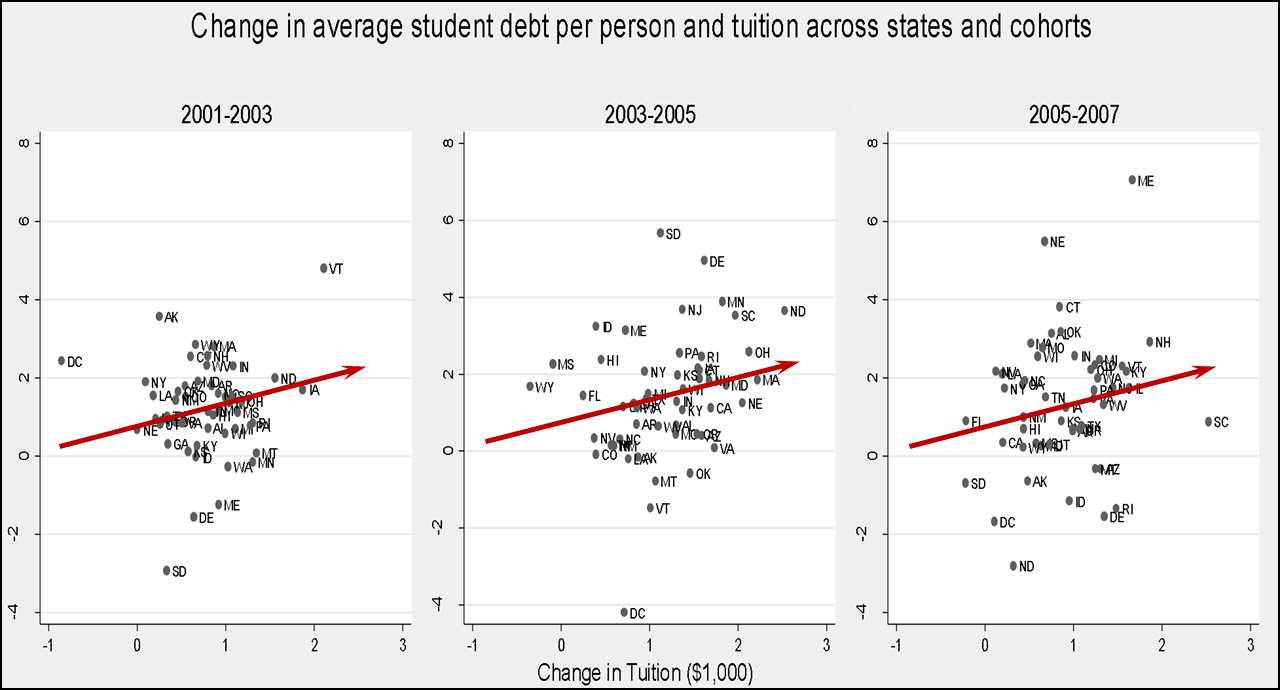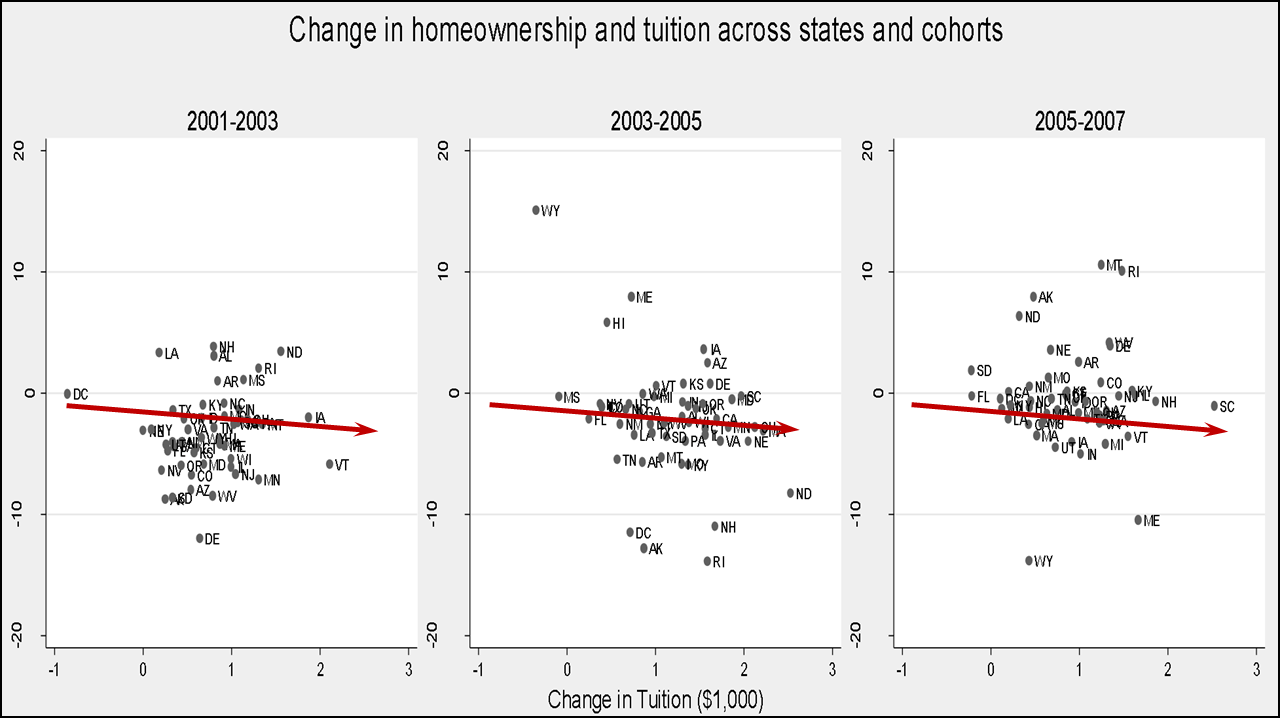
pointnshoot/flickr
Josh Barro thinks liberals could do a lot better if they were less annoying. He illustrates this with “the hamburger problem”:
Suppose it’s a Sunday in the early fall, and your plan for today is to relax, have a burger, and watch a football game. Conservatives will say, “Go ahead, that sounds like a nice Sunday.”
….But you may find that liberals have a few points of concern they want to raise about what you mistakenly thought was your fundamentally nonpolitical plan for the day. Liberals want you to know that you should eat less meat so as to contribute less to global warming. They’re concerned that your diet is too high in sodium and saturated fat. They’re upset that the beef in your hamburger was factory-farmed.
They think the name of your favorite football team is racist. Or even if you hate the Washington Redskins, they have a long list of other reasons that football is problematic.
I think Barro is off base here. It’s true that liberals are annoying, but they’re mostly annoying (a) to other liberals, not (b) to conservatives. Opinion A is based on personal experience, namely that hanging around other liberals, even virtually speaking, can be exhausting sometimes. There’s always something new you have to be woke about.
Opinion B is based only on what I’ve read about heartland working-class folks, but that’s quite a bit. And their gripes about liberals really don’t seem to revolve around saturated fat, concussions, CAFE standards, or poor working standards in overseas Nike factories. For the most part, they probably haven’t even heard about any of this stuff. You mostly only hear about it in lefty publications, after all.
So that raises a question: what do these heartland working-class folks have against us lefties? Some of it, as Barro suggests, is substantive. If you own guns, you’re not going to like a movement that spends a lot of time trying to regulate gun ownership. If you like football, you don’t want to hear endlessly about brain damage from a lifetime of brutal hits. But what else?
Virtually everything I’ve read about this comes to roughly the same conclusion: they don’t like being treated with contempt. BUT WAIT! WE LEFTIES DON’T TREAT ANYONE WITH CONTEMPT! THAT’S JUST A RIDICULOUS FOX NEWS MEME.
Well…let’s talk about that. Here’s just a teensy little sampling of the kind of thing they hate:
- Awards shows often seem like an endless procession of ribbons and jokes showing off lefty virtues. These mostly revolve around things like gay marriage, the “Muslim ban,” Black Lives Matter, and so forth. To non-lefties, this seems like a heavyhanded and monolithic rejection of their values.
- Lefties mostly believe in evolution. That’s probably OK. But too often, they also treat those who believe in Biblical creation as yahoos. This grates for obvious reasons.
- Trump supporters are often tarred almost wholesale as racists and white supremacists. As it happens, this is no more true of Trump supporters than it is of Romney, McCain, Bush, Dole, or Reagan supporters. But even if it’s true that the Republican base is generally way too tolerant of racist tropes—and it is—nobody who voted for Trump is going to appreciate being called racist.
- How many evangelical Christians do you see on TV? Not a lot. And how many who aren’t portrayed as zealots or hypocrites? Even fewer. That’s an insulting erasure of about a quarter of the population.
- Conservatives and moderates who oppose abortion say that it’s because they believe abortion is murder. A lot of lefties refuse to even take this at face value. They think the “forced birthers” don’t have a principled objection to abortion, they “just hate women” and want to control their sex lives. One again, even if there’s some truth to this, it’s insulting to be written off this way.
You probably have lots of rejoinders to this. Liberals aren’t responsible for what Hollywood does. Trump voters are racists. Conservatives do the same thing to liberals. The real problem is Fox News feeding the outrage machine over every minor slight. Kevin, you’re a hypocrite: you’ve been guilty of this kind of snark yourself. Anyway, why are they so hypersensitive? Don’t they know they control the entire government?
None of that matters. The truth is that when we’re talking about college-educated urban lefties vs. working-class rural conservatives, lefties are the ones with the power. We’re the ones with the skills the modern world wants. We’re the ones with good jobs. We’re the ones who are married and computer savvy and live in nice houses. We’re a powerful group treating a marginalized group with contempt. And as any good lefty knows, that’s nothing at all the same as the other way around.
Don’t get me wrong. I’m not saying liberals started this food fight. I’m not saying that “liberals” are responsible for every last thing that comes out of some lefty’s mouth. I’m not saying I’m free of contempt myself. I’m not even necessarily saying that contempt is a bad idea.
I’m just saying that if you put yourself in their shoes, it’s not that hard to see the contempt from our side that feeds the resentment on their side. And if we keep it up, we have to accept that we’re going to lose their votes—votes that we might win if we disagreed without marginalizing them.
Maybe all of this is worth it in order to keep our base pumped up. But it’s a tradeoff we should make with our eyes open, not by pretending it doesn’t exist.











